Painful with voice
Before moving to their new home in Vang Mon village (Nga My commune, Tuong Duong district, Nghe An ), the O Du people had spent a very long time living among the Thai and Kho Mu people in the villages upstream of the Ca river.
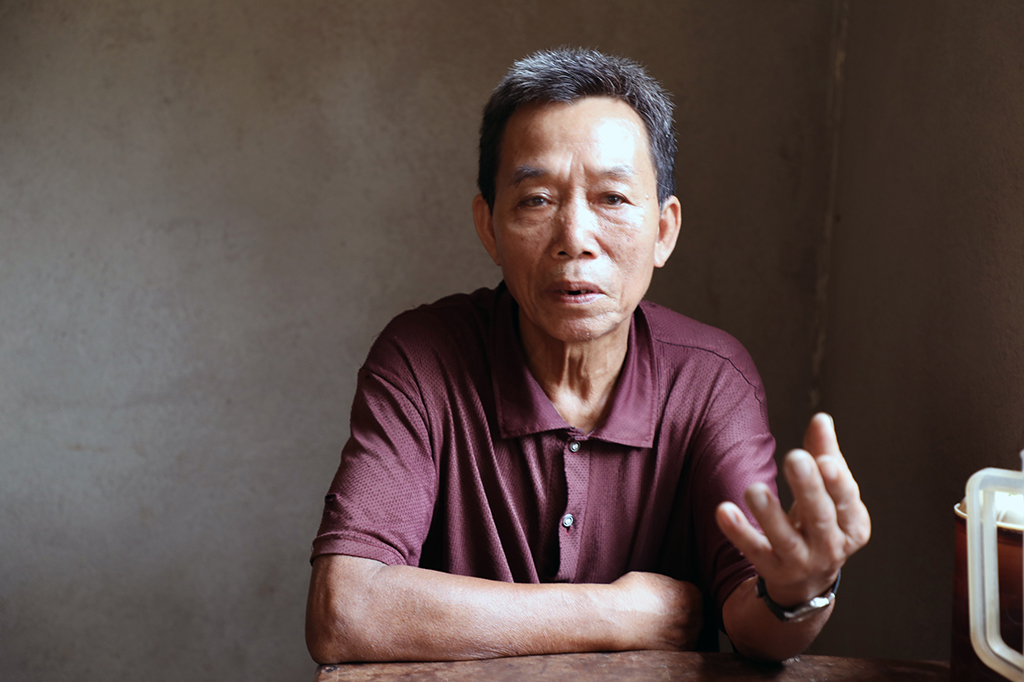
Mr. Lo Thanh Binh worries: "Losing your voice means losing your identity"
According to Dr. Bui Minh Hao (Song Lam magazine, who has many years of research on the O Du ethnic group), although they do not have a written language, the O Du people have their own language and this language system has been maintained for many generations. However, due to their scattered residence in the villages of the Thai and Kho Mu people, the O Du people have been assimilated into the language. There is only one clan and according to the rules of the community, the O Du people do not marry each other but mainly marry the Thai and Kho Mu people. Children of the O Du people are born to Thai or Kho Mu mothers and naturally receive their mother tongue. That is also one of the reasons why the O Du language has gradually disappeared after many generations. The O Du people gradually speak more Thai, Kho Mu, and Kinh languages and gradually forget their mother tongue.
Up to now, in Vang Mon village, there are only two people who know a lot of O Du vocabulary: Mr. Lo Thanh Binh (76 years old) and Mr. Lo Van Cuong (60 years old). These are people who can speak 3 languages: O Du, Thai and Kinh.
In the house located on the mountainside, facing the asphalt road in Vang Mon village, Mr. Binh was excited when talking about the language of his ethnic group. Mr. Binh's family used to live in Xop Bot village (Kim Da commune, Tuong Duong district) with 7 other O Du families.
"Before 1960, we, the O Du, lived in clusters of 5-6 families each along streams. At that time, most of the O Du communicated with each other in our own language. We borrowed some new words that our language did not have to express. Later, the government encouraged us to gather and the families moved to live in the villages of the Thai and Kho Mu people. Because there were many of them and we were too few, in order to communicate with the Thai people, we had to use Thai and gradually many people forgot their mother tongue," Mr. Binh said. Due to not using it for a long time, Mr. Binh can only remember about 40% of the O Du language.
In 2006, Mr. Binh's family and 7 other O Du households moved to Vang Mon village to resettle to make way for the Ban Ve hydroelectric plant. When the O Du people were gathered into one village, Mr. Binh, Mr. Lo Van Cuong and some other elders in the village proposed to restore the ethnic language.
"Our ancestors' language is the soul of our nation, so it is very important to preserve it," said Mr. Binh.
Open O Du language class
The aspirations of the O Du people are very legitimate and after research, the Ethnic Minorities Committee of Nghe An province has established a project to restore the O Du language. Mr. Lo Van Cuong said that before implementing this project, in 2017, he and Mr. Lo Van Tinh, Secretary of Vang Mon village, went to Laos to learn after learning that there was an O Du community living in Xiengkhuang province.
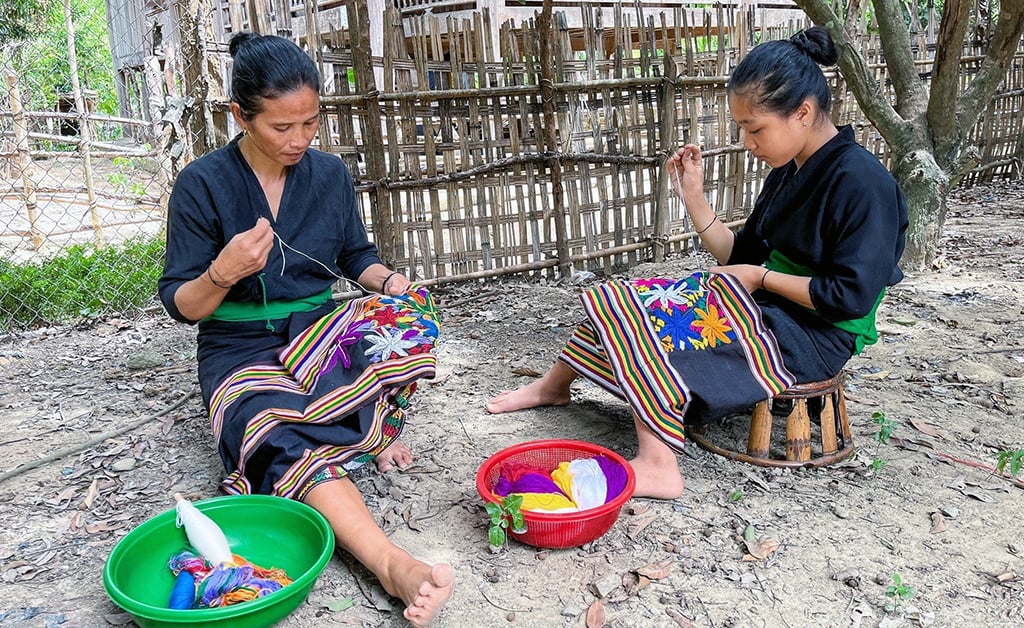
O Du women are reviving their traditional embroidery and costume sewing.
PHOTO: TRAN THE DUNG
"We took a bus to Laos, traveling two stages for many hours before reaching Khap village, where 72 O Du families live. About 5 kilometers from Khap village, there are also 25 O Du families, that is Xen Phun village. They all speak the O Du language, just like our language before. We were very happy to meet them," said Mr. Cuong.
Mr. Cuong and Mr. Tinh suggested inviting people with good communication skills to Vang Mon to teach the language. The village chief and the elders nodded in agreement and seemed very happy with this suggestion.
Not long after that, classes teaching the O Du language were opened right in Vang Mon village. Many people eagerly attended the classes and according to the local government's summary, 210 people attended these classes for 14 days.
"It is a bit difficult for young people and women of Thai and Khmu ethnic groups to learn because they find the vocabulary a bit strange. Older people who already know their own language find it easier to learn and find it very interesting," said Mr. Lo Van Cuong. After organizing these classes, many older people like Mr. Cuong and Mr. Binh often use the O Du language to communicate. However, according to Mr. Binh, because the vocabulary is not large and not easy to remember, new learners also easily forget and find it difficult to use it for regular communication.
"I am old so I really want my children and grandchildren to know and preserve the language our ancestors left behind. Losing a language means losing identity," Mr. Binh worries.
After opening O Du language classes, a textbook and a dictionary of O Du - Vietnamese were compiled. Because the O Du people do not have their own writing system, the language was transcribed into Vietnamese. Mr. Lo Van Cuong said that these are materials that can be used for self-study.
According to Dr. Bui Minh Hao, language is an important element of ethnic groups, especially speech. In Vietnam, language is also one of the three criteria to determine ethnic groups (along with cultural characteristics and ethnic self-awareness). Therefore, the restoration and preservation of ethnic languages is always a concern of the state. (continued)
Source: https://thanhnien.vn/thang-tram-o-du-tim-lai-tieng-noi-185241124231155308.htm





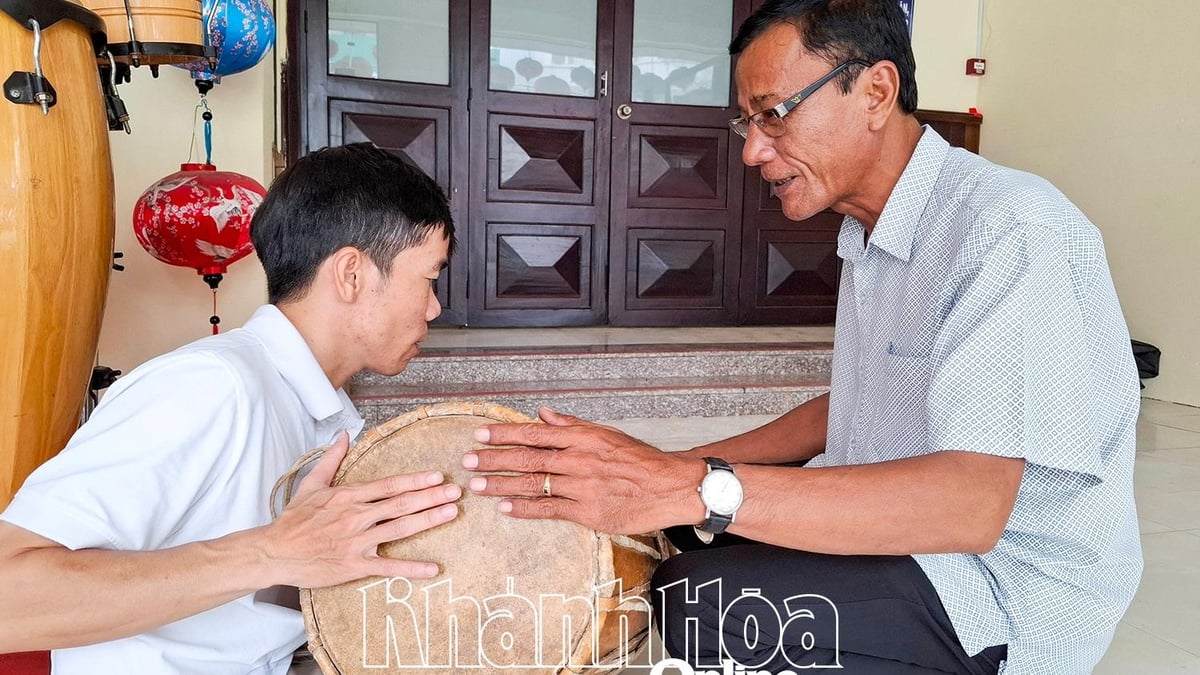

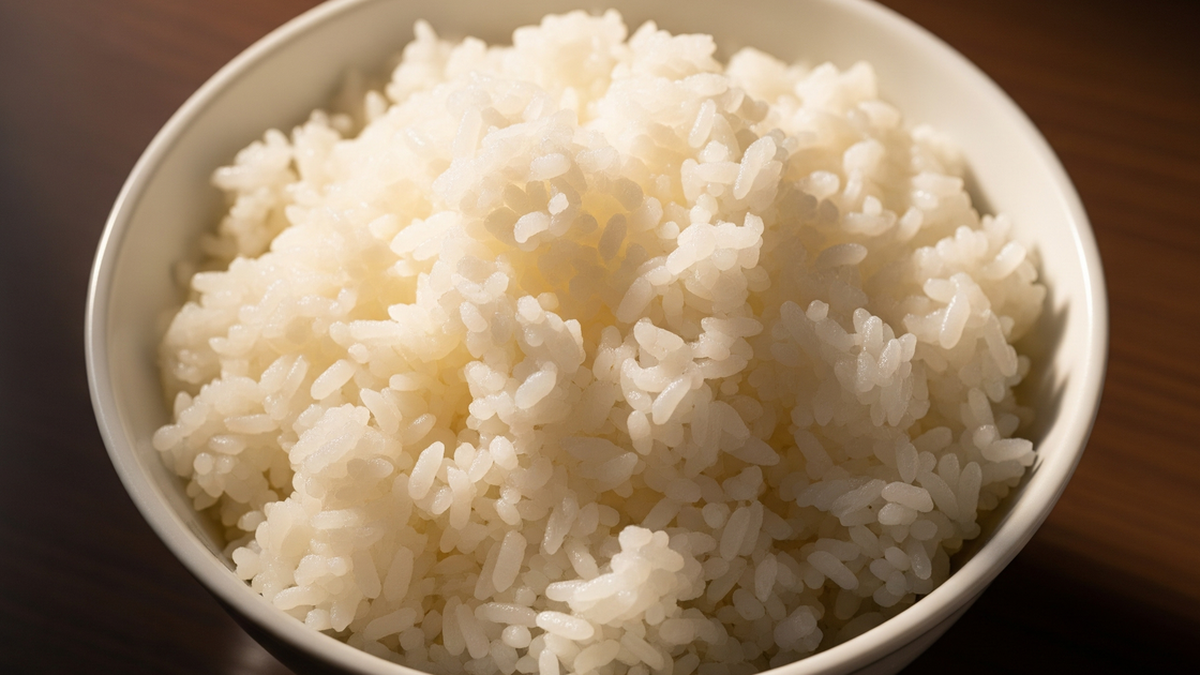


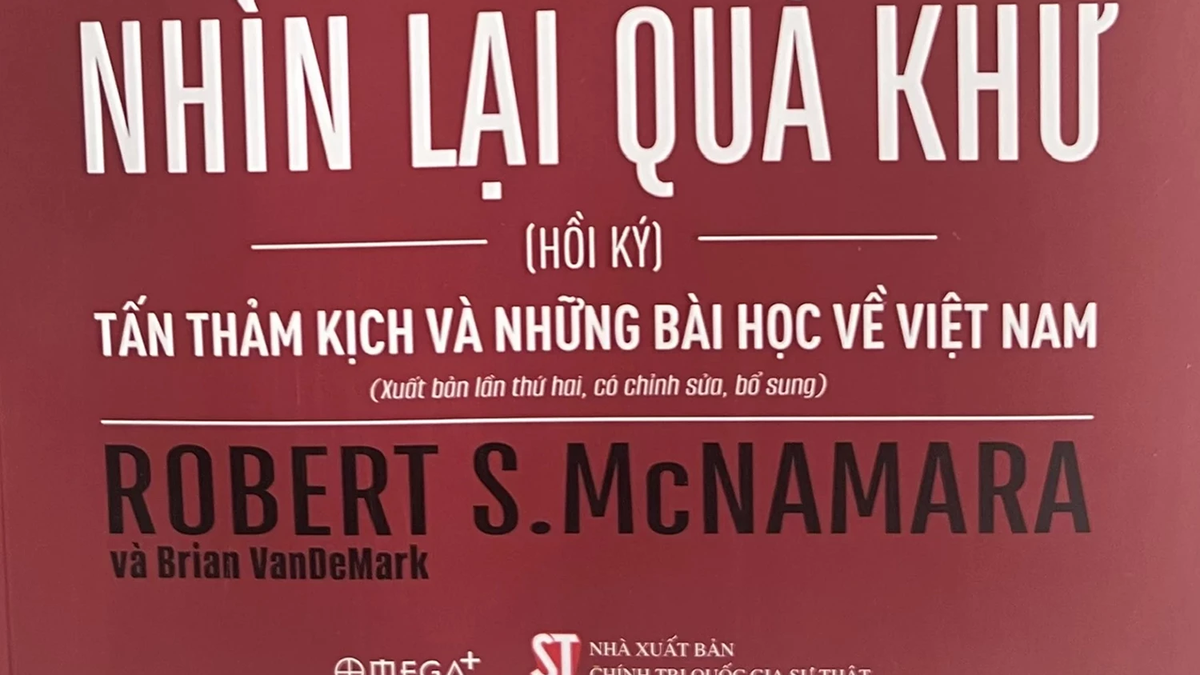
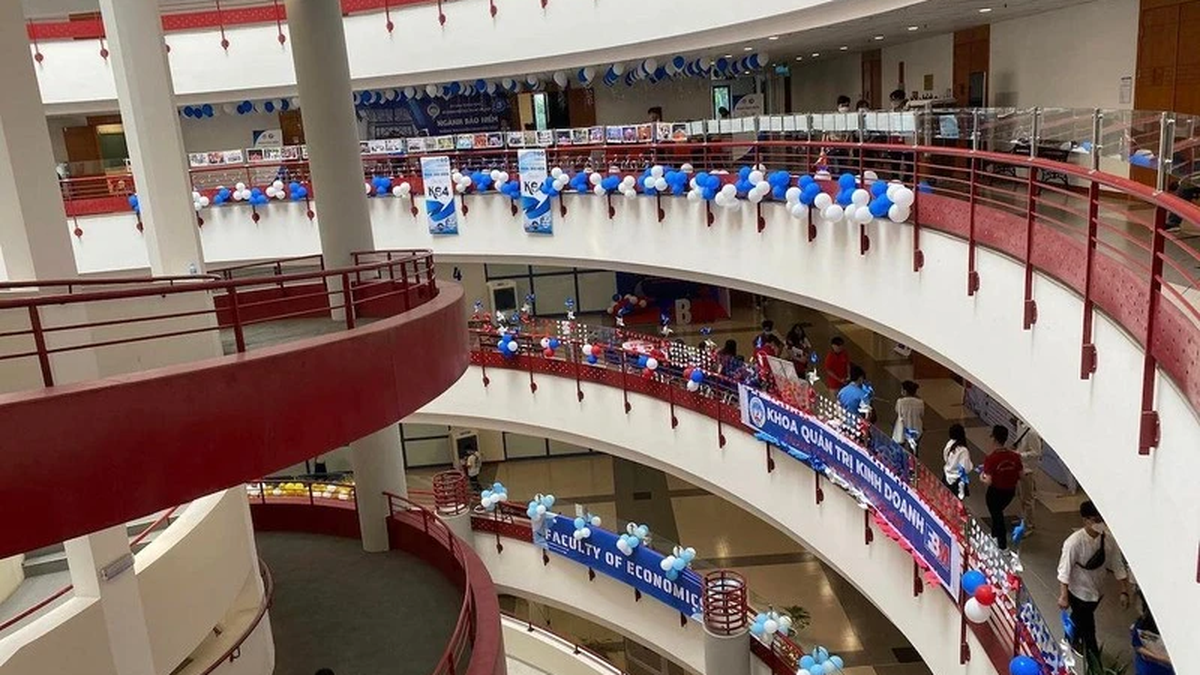



















































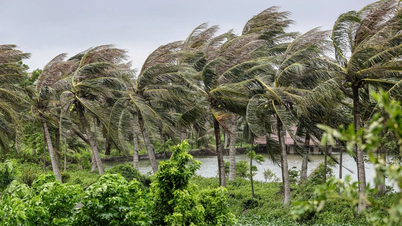
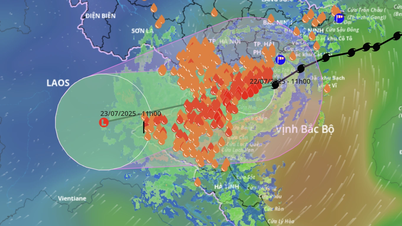
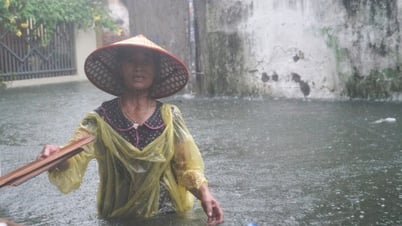
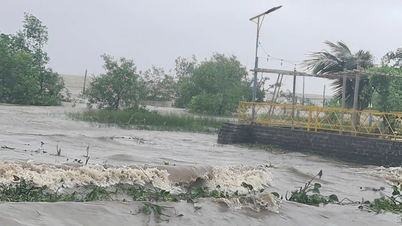



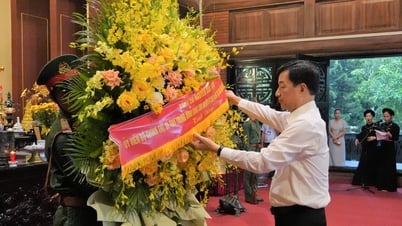




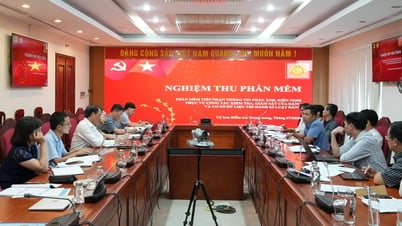


























Comment (0)